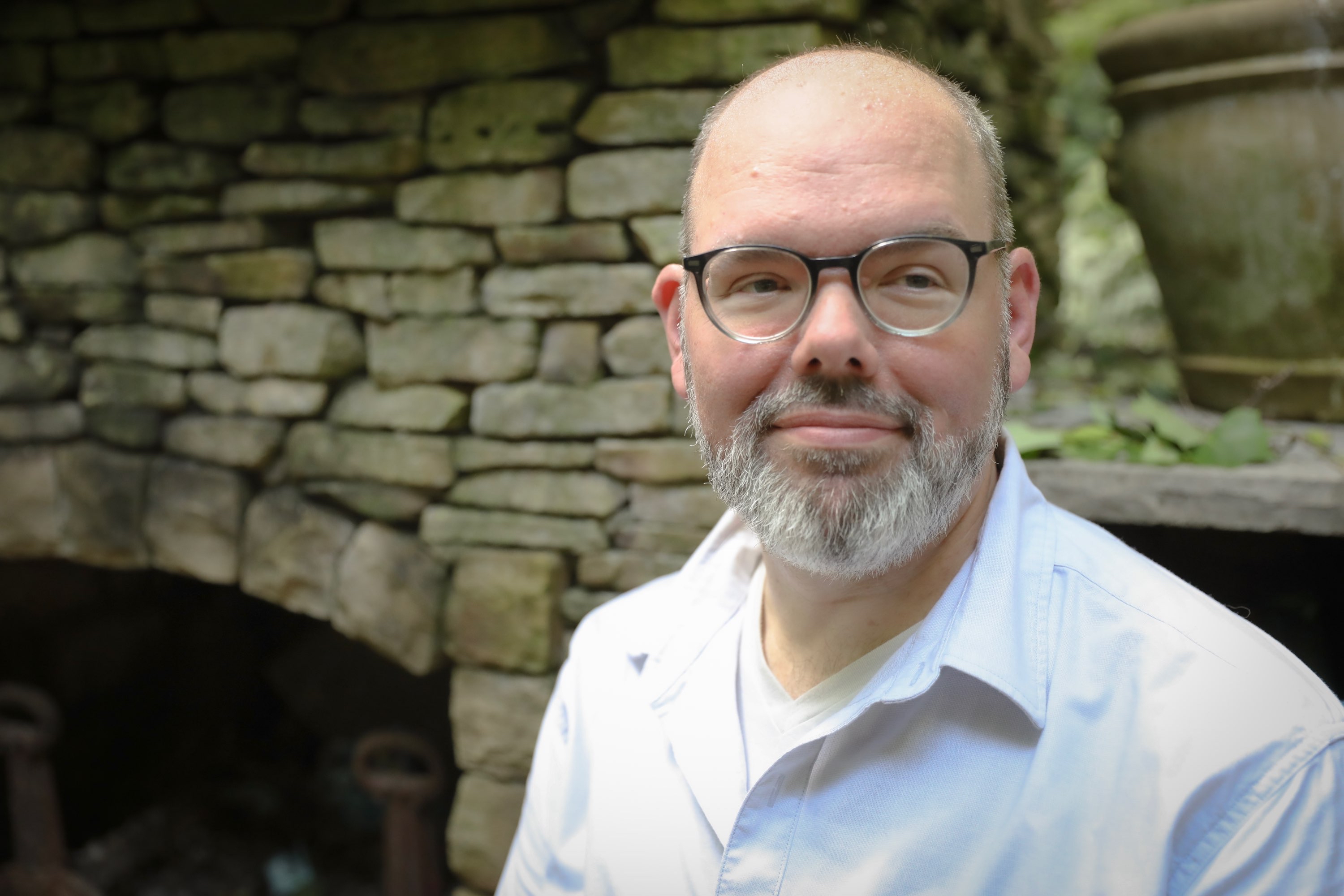What Does a Counselor Do? How Therapy Can Help You Heal and Grow
- Tim Jackson, LMFT

- Apr 12, 2025
- 4 min read
Professional counseling is a valuable resource for many individuals seeking mental health support. It plays a significant role in fostering emotional well-being, aiding personal development, and resolving conflicts. As society becomes more aware of mental health, the demand for counselors continues to grow, making it important to understand what they do and how they can help.
What is Counseling?
Counseling involves a trained individual guiding clients through personal, social, or psychological issues. These professionals utilize various techniques to help clients develop coping strategies, enhance their self-awareness, and overcome obstacles in their lives. It is important to note that counseling is not the same as therapy, although the terms are often used interchangeably.
Counselors are equipped to handle a wide array of topics, including depression, anxiety, relationship issues, grief, and stress management. They often provide a safe and confidential environment where individuals can explore their thoughts and feelings without judgment.

The Process of Counseling
The counseling process typically begins with an initial assessment. During this phase, the counselor discusses the client's concerns, history, and goals. This session may involve asking specific questions to get a clearer understanding of the individual's needs and circumstances.
Subsequent sessions usually follow a structure that involves:
Goal Setting: Clients identify what they hope to achieve during counseling.
Exploration: The counselor helps the client delve into their thoughts, emotions, and behaviors.
Skill Development: Clients learn coping strategies and techniques to deal with their issues effectively.
Choosing a counselor from a reputable source like Tim Jackson Counseling can significantly enhance this process, ensuring the individual receives high-quality, tailored support.
The Value of Counseling
Professional counseling is essential for several reasons. It promotes emotional well-being, supports personal growth, and assists individuals in navigating life's challenges.
Emotional Support: Counselors provide a supportive environment where individuals feel heard and validated. This support can significantly reduce feelings of isolation.
Skill Development: Through counseling, individuals can acquire important skills, such as communication, problem-solving, and stress management, which enhance their everyday lives.
Conflict Resolution: Whether it's family disputes, relationship challenges, or workplace tension, counselors help clients identify issues and work towards resolutions.
Statistically, studies show that counseling can lead to positive outcomes, with nearly 75% of people who enter therapy showing significant improvements. This underscores the vital role that professional counseling can play in individual lives.
How to Choose a Counselor
Choosing the right professional counselor can be a daunting task, but several key factors can simplify the process:
Check Credentials: Ensure the counselor has the necessary licenses and qualifications.
Evaluate Specializations: Depending on the issues you want to address, find someone who specializes in that specific area.
Read Reviews: Look for testimonials and reviews from previous clients. This can give insight into the counselor’s effectiveness and approach.
Schedule a Consultation: Many counselors offer a free initial consultation. This meeting is a great opportunity to assess if the counselor feels like a good fit for you.
Trust Your Gut: Feeling comfortable and safe with a counselor is crucial. If you don't feel a connection with your counselor, it's perfectly acceptable to seek someone else.
The Impact of Cultural Sensitivity in Counseling
Cultural sensitivity plays a vital role in professional counseling. Counselors must understand and respect the diverse backgrounds of their clients. This awareness enhances the counselor-client relationship and ensures effective communication.
Cultural factors can influence how individuals perceive problems, seek help, and respond to treatment. For instance, some cultures may view mental health struggles as a sign of weakness, while others might embrace open discussions about emotional health.
Counselors are trained to navigate these cultural nuances and tailor their approaches to meet clients' unique needs. This leads to more effective therapy and better outcomes for clients of various backgrounds.
Final Thoughts
The role of a counselor is multifaceted and essential in today's fast-paced world. They offer a lifeline for individuals grappling with various life challenges, providing the tools and support necessary for personal growth and healing.
Whether you are facing depression, anxiety, relationship issues, or are simply seeking personal development, a professional counselor can help guide you on your journey. By choosing professional counseling, you are taking an important step toward a healthier and happier life.
If you’re interested in finding the right support for your mental health, consider exploring resources like Tim Jackson Counseling in East Nashville or online to connect with a qualified professional who can help you navigate your journey effectively.
Understanding the role of counselors helps demystify the process and emphasizes the importance of seeking help when needed. Remember, reaching out for support is a sign of strength, and counselors are here to help you through it all.
Tim Jackson, LMFT is a licensed therapist in the State of Tennessee and Commonwealth of Virginia. Tim provides individual, relationship, and group counseling in his East Nashville counseling office and online for clients in Tennessee & Virginia.




